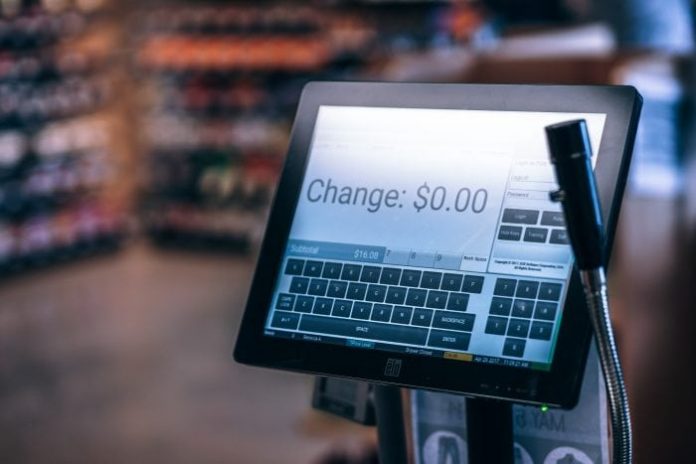If your home business sells things, then a POS system is a must-have. No matter what you sell, whether it’s artisan sourdough or cashmere socks, then a POS, or a Point of Sale system, isn’t just a luxury — it’s a necessity.
A POS system can set your home business alight. Not only does it allow you to take card payments quickly and easily, but it can help you manage your inventory better, cut your costs, and boost your margins. There’s no reason to miss out on the advantages that a POS system can bring you and your home business. Before you choose a POS system, it’s a good idea to check out review websites like comparisun.com which offers expert reviews, real user reviews and comparison charts.
But what should you look for in a POS system for your home business? POS systems can have any number of features, but you need to make sure that the ones you’re looking at have what your home business needs. You should really do your research to make sure you’re getting the right balance of features to suit your business.
For instance, if you sell on the road, you’ll want a POS system that can hit the road with you. You don’t want to be weighed down by big, ungainly cash drawers or unsightly receipt printers. You’ll need a POS system that allows you to cut the cords and get flexible.
Businesses like market stalls and food trucks will need a POS system and a card reader that take up little room and are light and easy to tote around. You’ll want a card reader that runs on its own battery and connects to your phone or iPad via Bluetooth so that you’re not constrained by wires or the need to find a socket.
As a bonus, modern, wireless card readers pretty much all have NFC capabilities, meaning you can take payment via contactless, Apple Pay and Google Pay. That beats having to count change out of a cash box.
Any small, lightweight card reader will suit the bill — but you are likely to need a POS system to connect it to, according to TopPOSsystem.com. You can run card readers like these directly from your phone but if you do this then you’ll miss out on the other benefits that a POS system will have to offer, like inventory tracking and loyalty and CRM functions, as well as back office analytics.
And if you’re not a hundred percent sure that your location is going to have the best Wi-Fi then you’ll want a POS system that connects to the internet over 3G or, better still, has a robust offline mode that allows small business-owners to sell even when the Wi-Fi’s down, and sync all their data to the cloud when they get back online.
If you sell online as well as in person, or you have an ecommerce website, then a POS with ecommerce integration is a must-have.
Having a POS system that’s integrated with an ecommerce service like WooCommerce or Magento means that everything comes out of the same inventory. So, when you sell an item, whether in person or over the internet, it’ll come out of one centralised inventory. Effectively, this means that you won’t have to keep tabs on the two different sales channels and tally your inventory against sales made. It’s a real time-saver, freeing you up to spend more time growing your business.
Using a POS system with ecommerce functionality also means that you can collect the same data on your offline customers as you do your online ones. When you sell to a customer online, you collect a wealth of data, from their email address to Google Analytics data on how they’ve used your site.
POS systems allow you to collect data on your offline customers, too. Sending email receipts instead of paper receipts isn’t just a great way to cut down on paper use, but it also means you can snag a valuable email address from your customers.
Having a POS system that’s integrated with your ecommerce site means that these email addresses are piped directly into your CRM, so you can start marketing to them. You can also track customer purchases both offline and online, meaning that you can find out who your most loyal customers are and reward them for their loyalty, no matter how they choose to spend with you.
It also means that all your sales data from both online and offline channels go to the same place. When you have multiple revenue sources, it can be tricky to juggle data streams, especially when you have to deal with different systems presenting you with different metrics and different formats. Syncing your ecommerce and your physical POS means that you don’t have to juggle any more.
Every modern POS system has a cloud-based back office analytics suite that breaks down your sales data into easily-digestible reports. Each POS will have a different set of reports, but chances are your POS system will break down your sales by time, by quantity, and by who made the sale. Selling both online and offline with a POS that integrates with your ecommerce site means that you’ll generate all this data on each and every sale you make.
No matter what your home business is, you can benefit from a POS system. Finding the right one is a matter of doing your homework: you need to work out what features your business needs and making sure that the POS systems you’re looking at fit the bill. Once you’ve done this, you can start to watch your home business grow.
Find a Home-Based Business to Start-Up >>> Hundreds of Business Listings.

















































